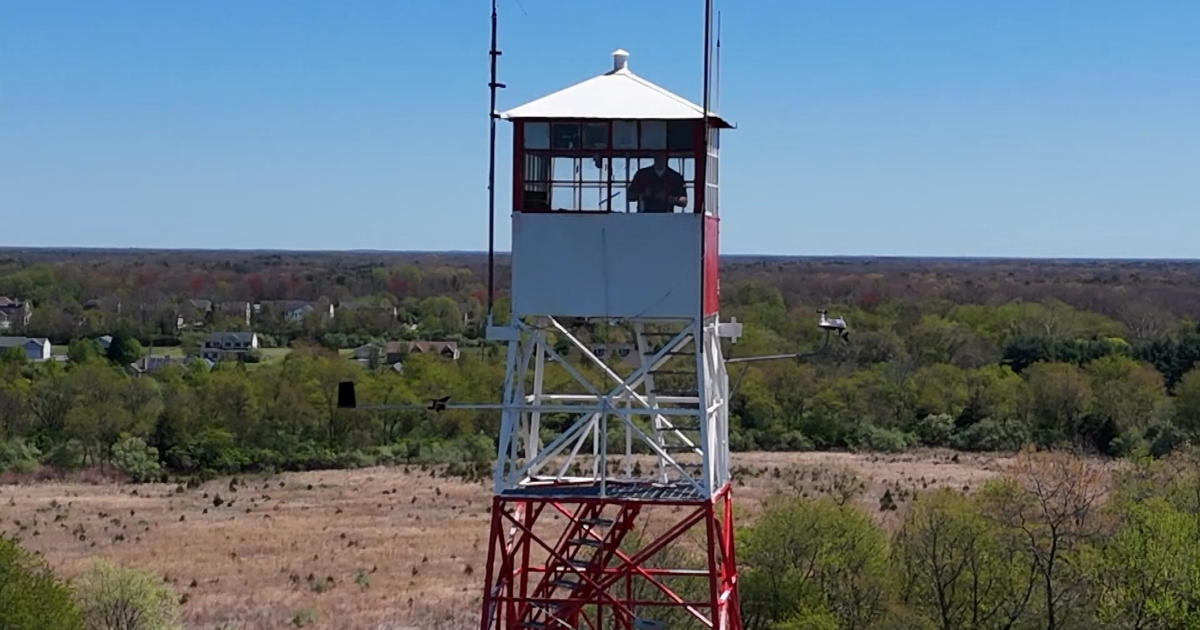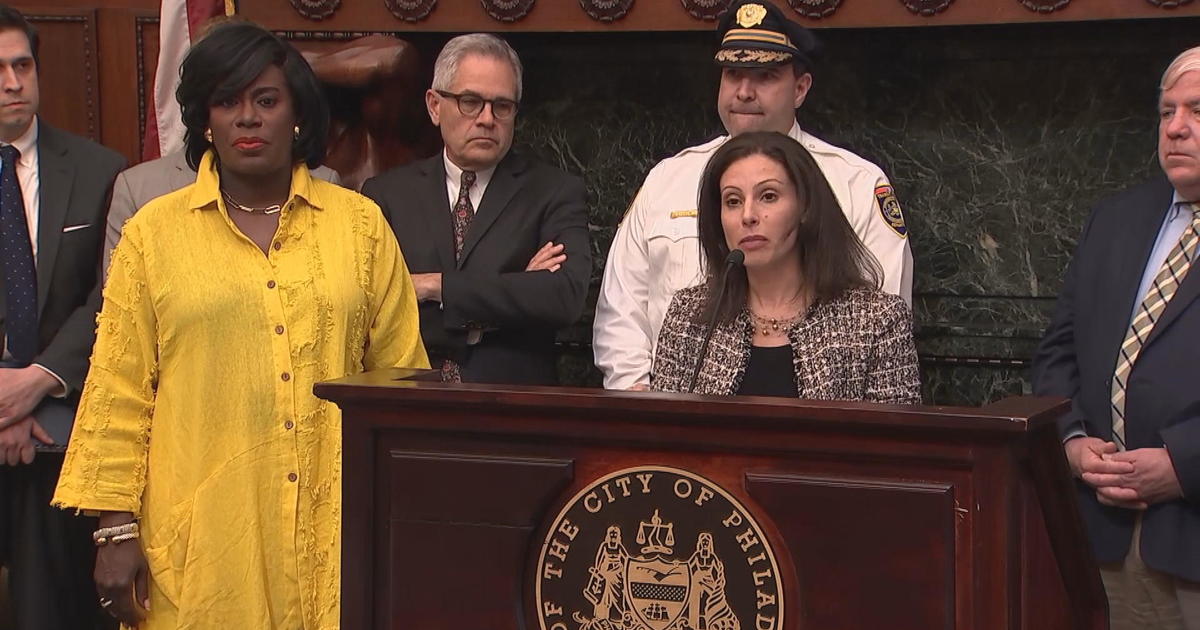NASA On Verge Of Launching Giant Telescope
PHILADELPHIA (CBS) -- It's a project that has lasted more than 20 years. NASA is on the verge of launching a giant telescope, and this powerful eye in the sky could open up new frontiers in space exploration.
Meteorologist Kate Bilo shows us this stellar creation from the Einstein Healthcare Science Center.
One day, we may be able to see further into the universe than ever before. Scientists are putting the final touches on a telescope that could revolutionize astronomy.
Center stage at NASA's Goddard Space Flight Center is a high tech creation, the largest and most powerful space telescope ever built.
NASA astrophysicist Amber Straughn says, "The technologies are really amazing. The engineering is just mind blowing."
Taller than a three story building the James Webb telescope dwarfs its baby brother - the Hubble which has been circling earth for 27 years.
Straughn says the bigger and better successor will open a window into space never seen before.
"With this telescope, we plan to look back in time over 13 and a half billion years to see the first galaxies that were born after the big bang," said Straughn.
NASA plans to launch the Webb telescope next year, and the entire thing folds up to fit inside a rocket, and then unfolds in space.
First, engineers are testing to making sure it can handle the rough ride. Then for at least two years both the Hubble and Webb telescopes will orbit at the same time.
Hubble has revolutionized our understanding of the universe. It has changed the fundamental ways we understand how the universe works, and with Webb we'll be able to push further
Straughn says what she's most excited for is how the telescope will answer questions scientists haven't even thought to ask.
Althought, this telescope doesn't come cheap, it will cost more than 8-billion dollars!



